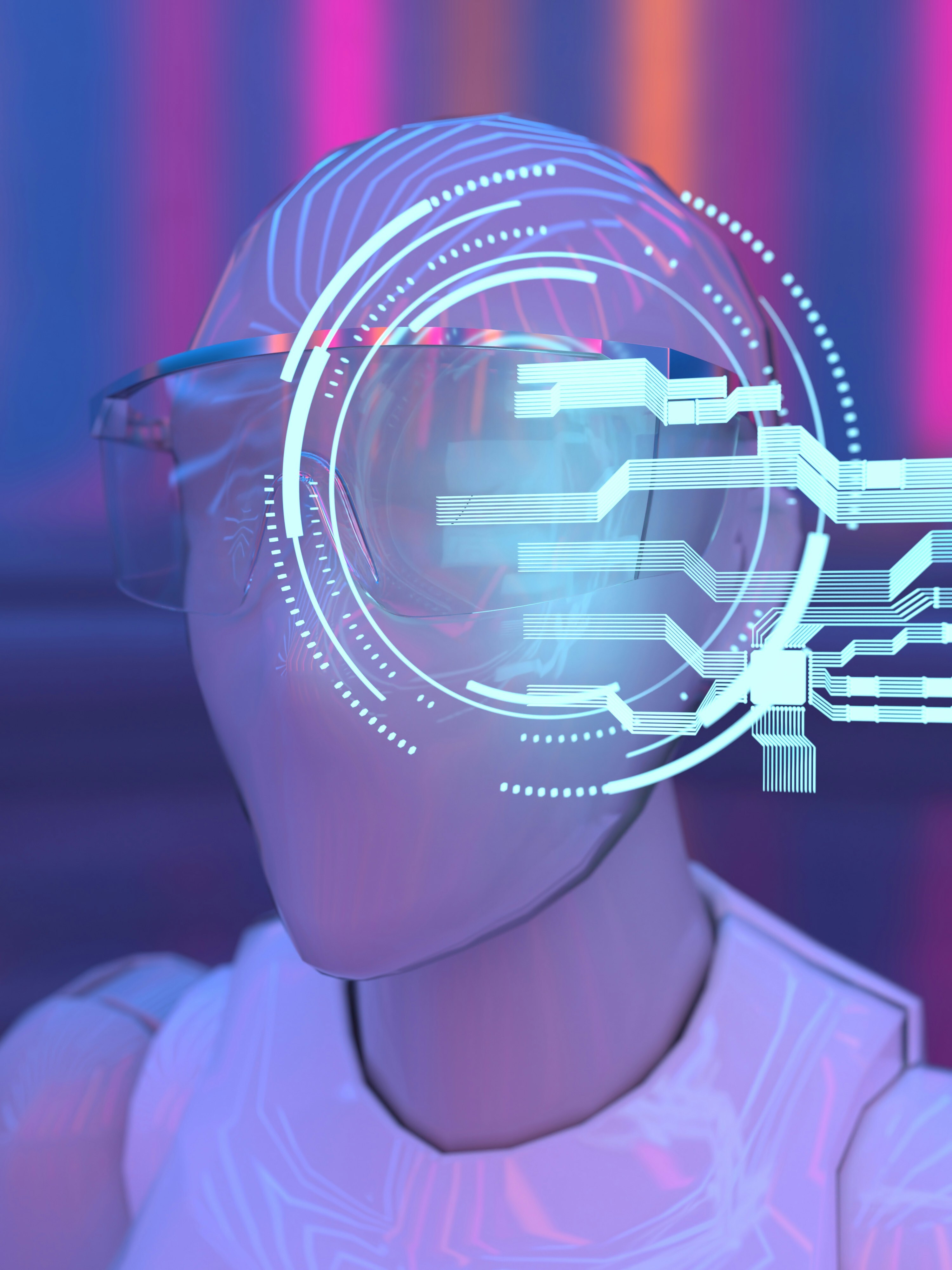Like many entrepreneurs, Chris Herd was solving one of his own problems when he realized he stumbled upon a potential opportunity. Unlike the majority of entrepreneurs, however, he parlayed scratching his own itch into Twitter fame and a $13 million Series A led by Andreessen Horowitz, announced on April 29, 2021. Originally trying to build a FinTech company, Chris’ personal decision to build the company remotely led to significant infrastructure hurdles for him and his staff. In response, he and his co-founder built the original iteration of what would become Firstbase, a platform that helps enterprises manage the physical side of remote work such as desks, chairs, and laptops. Eventually, the FinTech product faded away as demand for Firstbase grew, and he went all in on product development. Now, a couple of years and 20 customers later, he’s ready to scale the business.
Chris shared his journey – and the challenges along the way – from solving his own problem to raising a round led by Silicon Valley’s biggest venture fund.
A defining personal challenge
Over the course of his career working long hours in cramped offices, Chris missed pivotal moments in his daughter’s life, like walking, laughing and talking for the first time. He knew that his next role had to be remote so that he could be at home, capture those precious moments, and have more time to do the things that made him the happiest – while continuing to do meaningful work. Founding a company was that opportunity.
In 2018, Chris and his co-founder started a remote FinTech company. Going remote brought its own challenges. While software can make remote collaboration easy enough, setting people up with the right equipment like chairs, desks, laptops, and other hardware is time-consuming and expensive – things don't turn up, they break, and it's hard to get things back if people left. At every turn, Chris wanted to build a great remote culture but was up against infrastructural hurdles that came with significant time and resource costs to maintain.
Chris and his co-founder were well-equipped to build a solution for the physical challenges of remote work: Chris had experience managing equipment in remote oil and gas rigs and his CTO, Trey Bastian, did cybersecurity work for remote US military bases. They hacked together a platform to help companies set up, manage, maintain, and retrieve all of the equipment remote workers need, as well as deployment, IT set up, and upgrades.
Three months of runway and a tough decision
Despite addressing their remote work challenge, the FinTech idea was struggling: banks have long purchase horizons and FinTech products take a long time to build. Eventually, Chris hit a point where they only had three months of runway left. At the same time, Chris started sharing his remote work infrastructure management platform – which he’d started calling Firstbase – to other startup leaders. They loved it.
“Every remote startup team I spoke to had the same problems we faced,” said Chris.
With a whiff of market demand, Chris went back to all the banks they had in their pipeline. He apologized for not being able to ship the promised FinTech product, and pitched Firstbase to them as well. He thought large enterprises would already have outsourced a solution like this – but it turns out they didn’t.
“These enterprises were managing physical things like desks and laptops on spreadsheets,” said Chris. “They had the exact same problems as startups and had to deal with global employee distribution.”
With just a bit of runway left, Chris and his co-founder made the decision to stop building the FinTech product entirely and focus on Firstbase. They had no customers at the time, but felt confident they could figure it out based on early market feedback.
Keeping the lights on and sharing his journey online
With a renewed vision and some early customer problem validation, Chris was able to raise a couple hundred thousand dollars “just to keep the lights on.” The company also joined Forum Ventures, a B2B SaaS accelerator and fund, to help them build a new iteration of Firstbase.
“Forum Ventures felt like the best fit for what we were building - a B2B tech company,” said Chris. “After joining, we focused heavily on product development.”
Even as the COVID-19 pandemic hit, Chris didn't rush to start selling. Instead, he capitalized on the energy around remote work to evangelize his view of the future of work while the company kept building.

On March 1st 2020, they had 600 companies, with 2.7M employees, signed up to learn more about Firstbase. They closed their first beta customer in April 2020, adding a few more big customers over the next six months. In November 2020, they hired a VP of Sales and since then sales have exploded.
The company leaned into the remote adoption curve brought on by the pandemic – the biggest companies on the planet are cutting their office footprints by 50-70% over the next few years, allowing their teams to work from home 2 to 4 days a week at least. Firstbase grew to 22 customers by Q1 2021 — from startups everyone loves, to traditional global brands, to billion dollar companies. Last week, they crossed 11,000 companies with 20M+ employees waiting to bring their solution on board.
Focusing on product development and building in public proved to be a winning combination for Chris, his team, and Firstbase. They avoided chasing huge companies with big demands, giving them time to work on building a solid first product. Further, Chris sharing his story and opinions on Twitter helped him gain notoriety in the startup world. This combination eventually caught the attention of Andreessen Horowitz, who led Firstbase’s $13 million Series A round.
Business success and personal challenges
On the heels of this successful raise, Chris has a lot on his plate: hiring the right people, building an enterprise-grade product faster, and converting and onboarding customers even faster.
He’s battling imposter syndrome by leaning into his strengths. He jokes that he’s “probably” the best cold-emailer on the planet and that he loves sharing his vision for the future of work on Twitter. Beyond that, he leans on his strength of delegation to ensure that the right team member takes on the task.
“I’m happy to get on a soapbox and talk about why we built the company,” said Chris. “But when you look at my weaknesses - like sales - I’d rather hire a professional and delegate. Comparing me to a properly trained Head of Sales is like comparing a child racing Usain Bolt… and I’m the child. Founder led sales are very different.”
Throughout the journey, Chris never forgets why he cares about remote work: it has allowed him to spend time with his daughter, and it will help millions of others experience a higher quality of life as well. He’s busier than ever building Firstbase, and will have even more pulls on his time as the company grows. But he’s always thinking about how he can be present for those little moments you can never get back.
“It’s a constant battle to keep things in balance,” said Chris. “But I do everything I can to make sure that balance is successful.”
.avif)
.avif)



.svg)




.avif)

